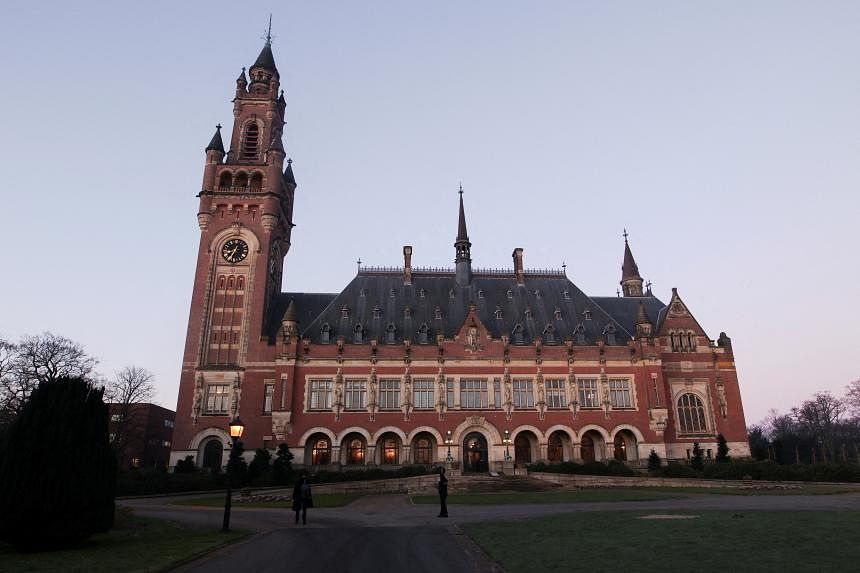SINGAPORE - Nearly a year after it was announced that the world’s top court will give its opinion on the legal obligations of states to protect their people from climate change, several countries have submitted their written statements to kick off the judiciary process, including Singapore.
The Republic submitted on March 20 – two days before the deadline – its written statement on the matter to the United Nations’ International Court of Justice (ICJ), said the Ministry of Foreign Affairs (MFA) on March 22.
The UN General Assembly adopted in March 2023 a resolution by the small island nation of Vanuatu to ask the ICJ to clarify the obligations of big polluters, since human rights of those affected by greenhouse gas emissions are impacted.
Singapore was among 18 nations that helped lead this initiative.
The ICJ, also called the World Court, will give an advisory opinion, which is non-binding, on the issue of climate change for the first time in its history.
“Like other low-lying small island developing states, Singapore is especially vulnerable to the impacts of climate change, including rising sea levels,” MFA said.
“Singapore stands committed to participating in collective, multilateral and rules-based efforts to seek solutions founded upon international law to address climate change.”
While the eventual ruling by the ICJ will be legally non-binding, it will hold significant weight in the international legal system and contribute to the development of international law, MFA added.
UN member states and international organisations were to submit their written statements based on three legal issues they wanted the ICJ to address.
The first concerned the obligations of states under international law to fight climate change and greenhouse gas emissions.
The second was about legal consequences for nations that have caused significant harm to the environment and climate, particularly in vulnerable places such as the small island developing states.
The final legal issue to be addressed in the ICJ’s ruling involved the protection of future generations.
“An advisory opinion is basically an interpretation of the existing law, and for that it can strengthen already existing laws on climate change and human rights, I would say especially the Paris Agreement,” lawyer Elisa Granzotto, who specialises in environmental law, told The Straits Times.
Ms Granzotto is a member of the World’s Youth for Climate Justice, a global youth-led organisation that started the movement to obtain an advisory opinion from the ICJ.
She added that, in time, the legal opinion of the World Court could also influence regional or national climate-related court cases, or even be implemented as law in certain countries.
This development comes as climate-related lawsuits have more than doubled in the past five years.
Some 2,180 climate-related lawsuits have been filed across 65 jurisdictions in that period, according to a 2023 report by the UN Environment Programme and New York’s Columbia University.
As at 2017, there were just 884 such cases.
Even though the ICJ advisory opinion does not legally bind countries and organisations, it also does not give an easy pass to resist the ruling, added Ms Granzotto.
“With time, when the majority of states comply with (the ICJ’s) rules, the ones who do not will have to justify their decision, making it harder for them to not comply without affecting their reputation,” she said.
“And this will put more and more pressure on those states who aren’t following the court’s advice. It will translate into more pressure at an international level.”
The next step in the judiciary process is for states and organisations to submit their comments on written statements by other countries by June 24.
The ICJ will make the written documents accessible to the public according to its rules and practice, said MFA.
After the written procedures, oral hearings will start at the Peace Palace in The Hague, the Netherlands, where the court sits. Dates for the oral hearings have not been announced yet.
States will send delegations, which could also include young people and indigenous people who tend to be disproportionately affected by climate change, added Ms Granzotto.


